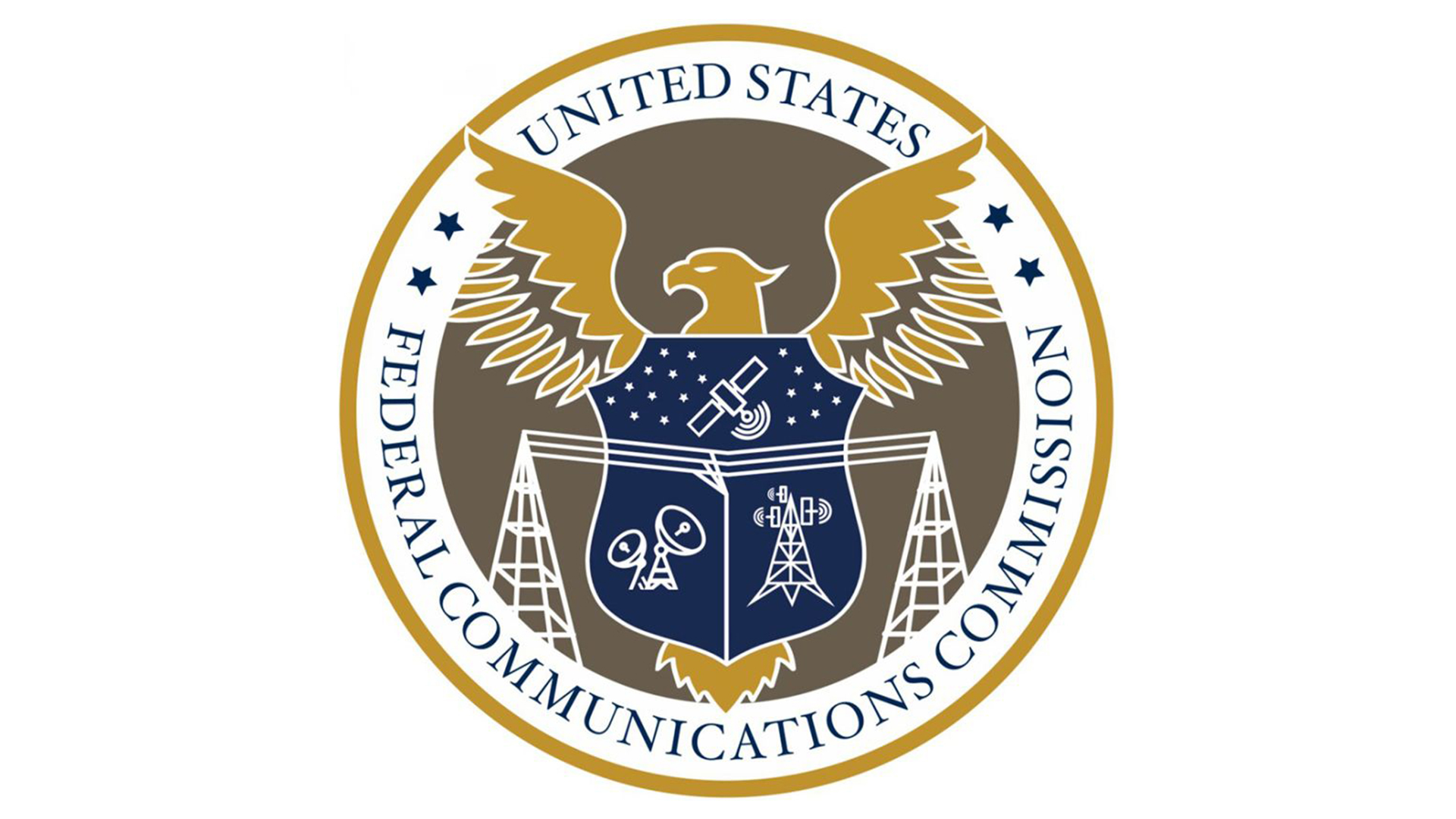USTelecom Urges Flexibility in FCC Emergency Broadband Funding
Suggests using Lifeline verifier regime for new subsidies

The smarter way to stay on top of the multichannel video marketplace. Sign up below.
You are now subscribed
Your newsletter sign-up was successful
It didn't take long for the FCC to start getting advice on how to spend the $3.2 billion in new broadband subsidies Congress gave it in the recently passed COVID-19 aid bill.
The FCC's Wireline Competition Bureau officially sought input Monday (Jan. 4) ) on how to hand out over $3 billion in new broadband benefits created by Congress in the recently passed package of appropriations and COVID-19 aid funds and USTelecom has already weighed in.
Also Read: Trump signs COVID-19 Bill
Before the day was over USTelecom had outlined its core principles for the program, according to a letter to the FCC dated Jan. 4.
The $3.2 billion Emergency Broadband Benefit Program was created to help low-income households access the internet, and fund equipment and service for students forced to study from home during the pandemic. The latter was impart because the FCC under chairman Ajit Pai interpreted the E-rate subsidy statute language as excluding home service and equipment because the statute directed the subsidy to be used for classrooms not homes. Democrats argued that was too narrow a reading.
In a letter to the FCC, USTelecom president Jonathan Spalter said that for the service and eligible equipment to be both rapidly deployed and successful, the FCC should keep these four principles top of mind:
1) Tap existing tools. He suggests using the National Lifeline Accountability Database to verify eligibility for the program, something USTelecom said is a key to the program.
The smarter way to stay on top of the multichannel video marketplace. Sign up below.
2) Keep it simple. Complexity is the enemy of speed and participation, Spalter suggests, saying "[t]he simpler the Commission can make the program to implement the more effective it will be."
3) Be Flexible. Given that it is an emergency program, give broadband providers the "flexibility and optionality" to adapt the program to existing plans. Spalter said that will maximize participation by those providers.
4) Plan now for the transitions in and out of the program, which is tied to the ongoing pandemic of uncertain duration. "As there is a finite amount of money that will last an indeterminate amount of time, it is important for customers and providers alike to understand their responsibilities once the appropriated funding is fully expended," said Spalter.
Contributing editor John Eggerton has been an editor and/or writer on media regulation, legislation and policy for over four decades, including covering the FCC, FTC, Congress, the major media trade associations, and the federal courts. In addition to Multichannel News and Broadcasting + Cable, his work has appeared in Radio World, TV Technology, TV Fax, This Week in Consumer Electronics, Variety and the Encyclopedia Britannica.

